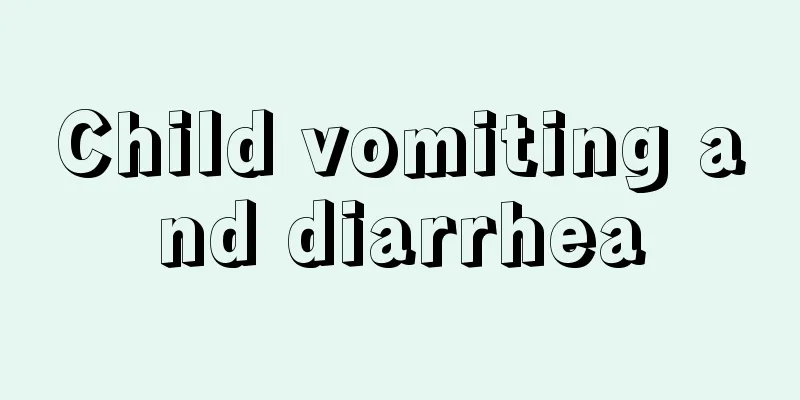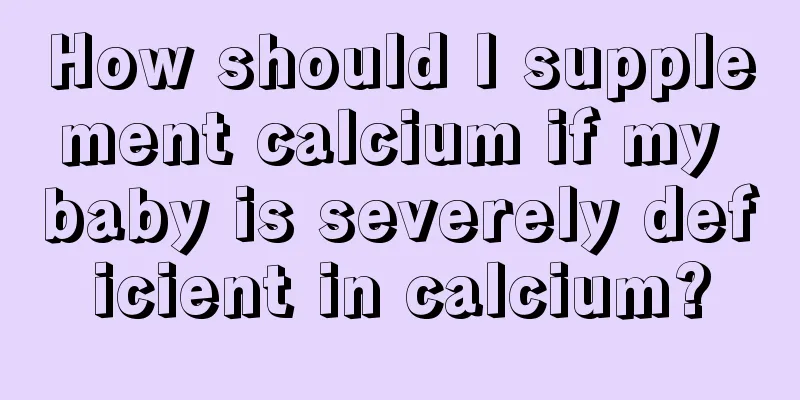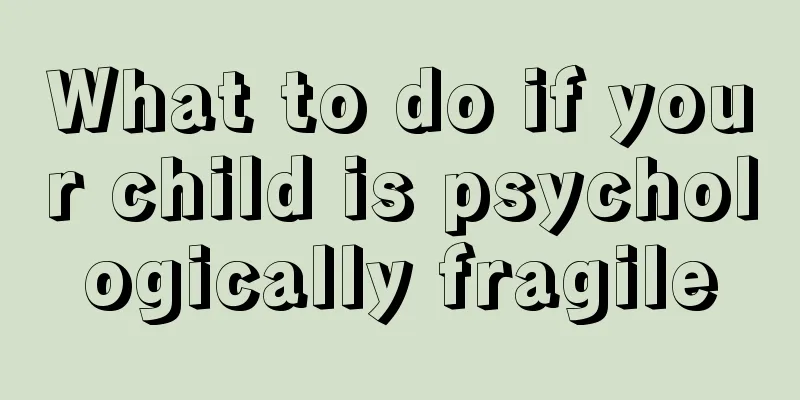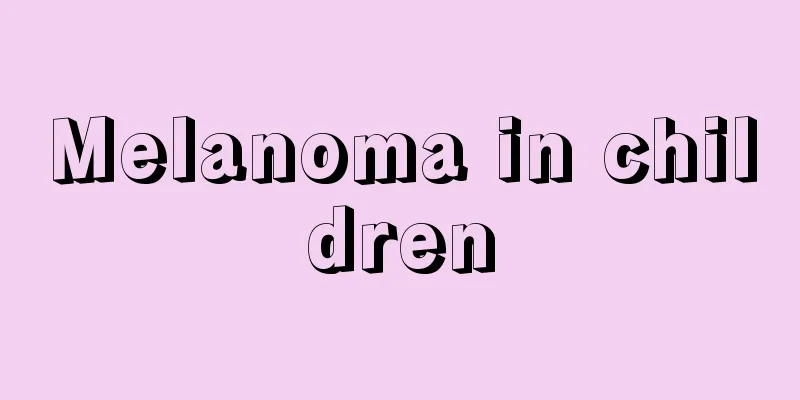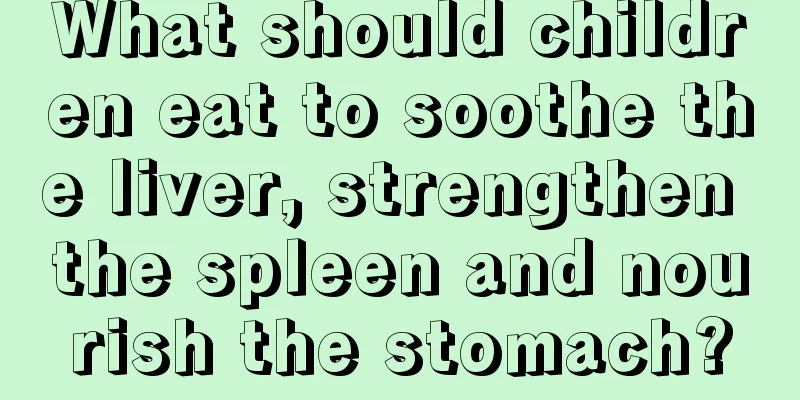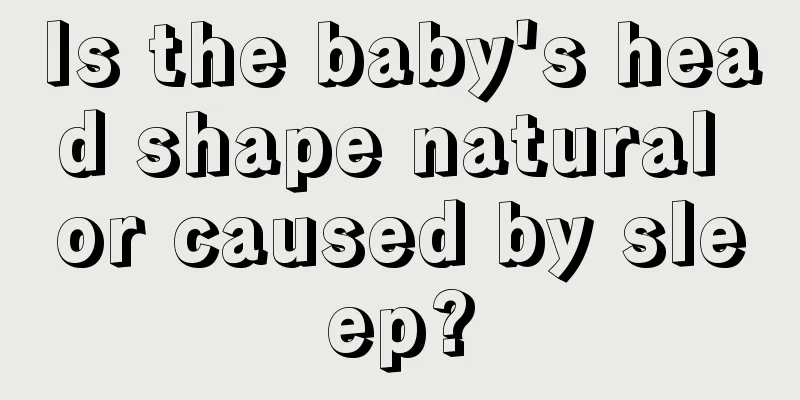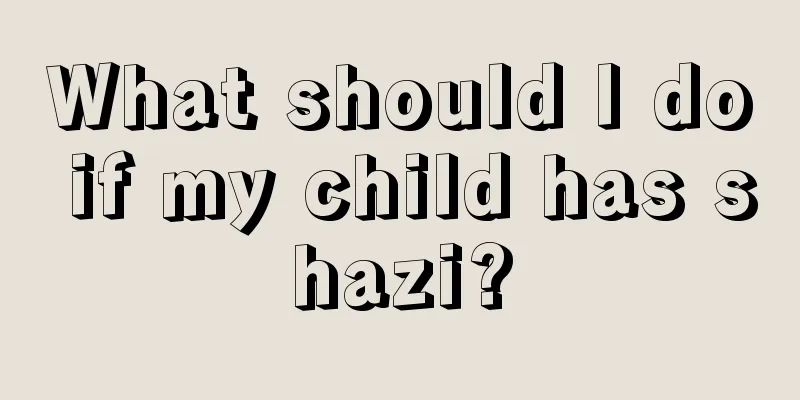When do deciduous teeth fall out?
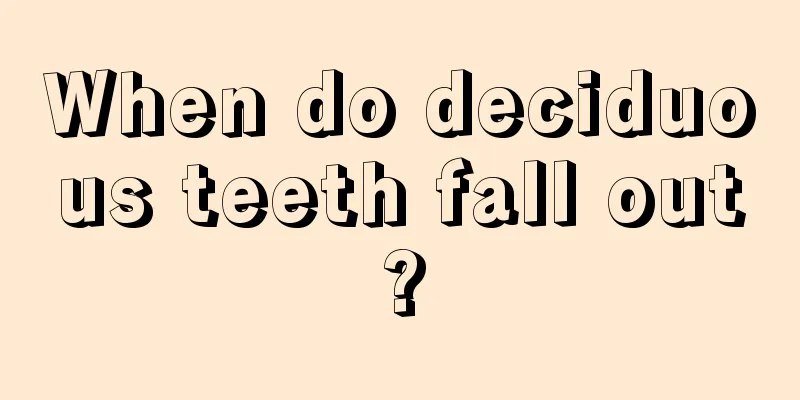
|
The first tooth that grows out of a baby is called a deciduous tooth. Just like people are divided into children and adults, teeth are also divided into deciduous teeth and permanent teeth. Deciduous teeth are equivalent to a transitional period. When the deciduous teeth fall off, permanent teeth will grow out. Permanent teeth will accompany us for decades to come and help us chew food. So when do the baby teeth fall out and when do children change their teeth? What should we pay attention to when children are changing their teeth? Teeth begin to erupt in infancy. Generally, deciduous teeth begin to erupt 6 to 8 months after birth. There are 6 to 8 deciduous teeth at one year old, for a total of 20 teeth. Usually all of them are out before the age of 2 and a half. Deciduous teeth are the first set of teeth that erupt in a person and are an important part of a child's chewing organs. There are 20 of them in total, 10 each in the upper and lower jaws. Children grow fast and have a high metabolism, so they need a certain amount of nutrition in their daily diet to ensure the needs of their growth and development. There are two sets of dentition in a lifetime. The first set of dentition is called the deciduous dentition, which is composed of 20 deciduous teeth. The first deciduous tooth begins to erupt around 6 months after birth, and all 20 deciduous teeth have erupted around 2 and a half years old. From the age of 6-7 to 12-13, the deciduous teeth gradually fall out and are replaced by permanent teeth. Permanent teeth are the second set of teeth after the deciduous teeth fall out. If they fall out due to illness or accidental injury, there will be no teeth to replace them. The third molars of modern people tend to degenerate, so the average number of permanent teeth in the general population is between 28 and 32. Deciduous teeth are an important part of children's chewing organs. Healthy deciduous teeth provide functional stimulation to the bones and muscles of the maxillofacial region during chewing, enabling normal development of the maxillofacial region. The period when deciduous teeth begin to erupt and the deciduous dentition is an important period for children to start learning to speak. White and healthy teeth are very important to children's appearance and physical and mental health, especially the upper front teeth. Deciduous teeth act as a "guide" for the eruption of permanent teeth. I don't need to explain how important teeth are to us and our lives. We all understand it. If you don't understand, just imagine how you would live without teeth for decades. I believe you will understand it immediately. Tooth replacement is very important for children. If the tooth replacement goes smoothly, the child will not suffer any pain and the teeth will grow neatly and beautifully. |
<<: How many baby teeth do people have after birth?
>>: What should I do if my child has a toothache and a swollen face?
Recommend
What are the causes of indigestion in babies?
The younger the child, the worse his physical fit...
Causes and diagnosis of recurrent fractures in children
In life, I find that some children break bones af...
Good morning, what are the causes of foreskin inflammation and swelling?
If parents do not pay attention to the cleanlines...
What to do if a child's tooth falls out
In fact, it is normal for children to lose teeth,...
What is the cause of cold hands when the child has a fever?
A child's fever is already worrying for mothe...
How many months should a male baby be weaned?
Nowadays, many babies have a very difficult time ...
What foods are good for children with bad breath caused by internal heat?
If children have bad breath due to internal heat,...
Symptoms of chronic conjunctivitis in children: you must know these
Parents should pay more attention to their childr...
Treatment for baby's white tongue coating
The incidence of baby's white tongue coating ...
Tips for feeding medicine to newborns
When feeding medicine to babies, the taste will m...
How to massage baby's tear glands
The lacrimal gland is an organ that secretes tear...
What to do if your baby has a fever and runny nose
Babies having fever and runny nose is a situation...
What to do if your newborn baby has dry lips
The physical health of newborns is one of the thi...
Why does my baby always wake up when sleeping?
Many mothers are relatively young and have little...
What medicine should children take if they don't have bowel movements?
Children’s digestive systems are immature, so the...
